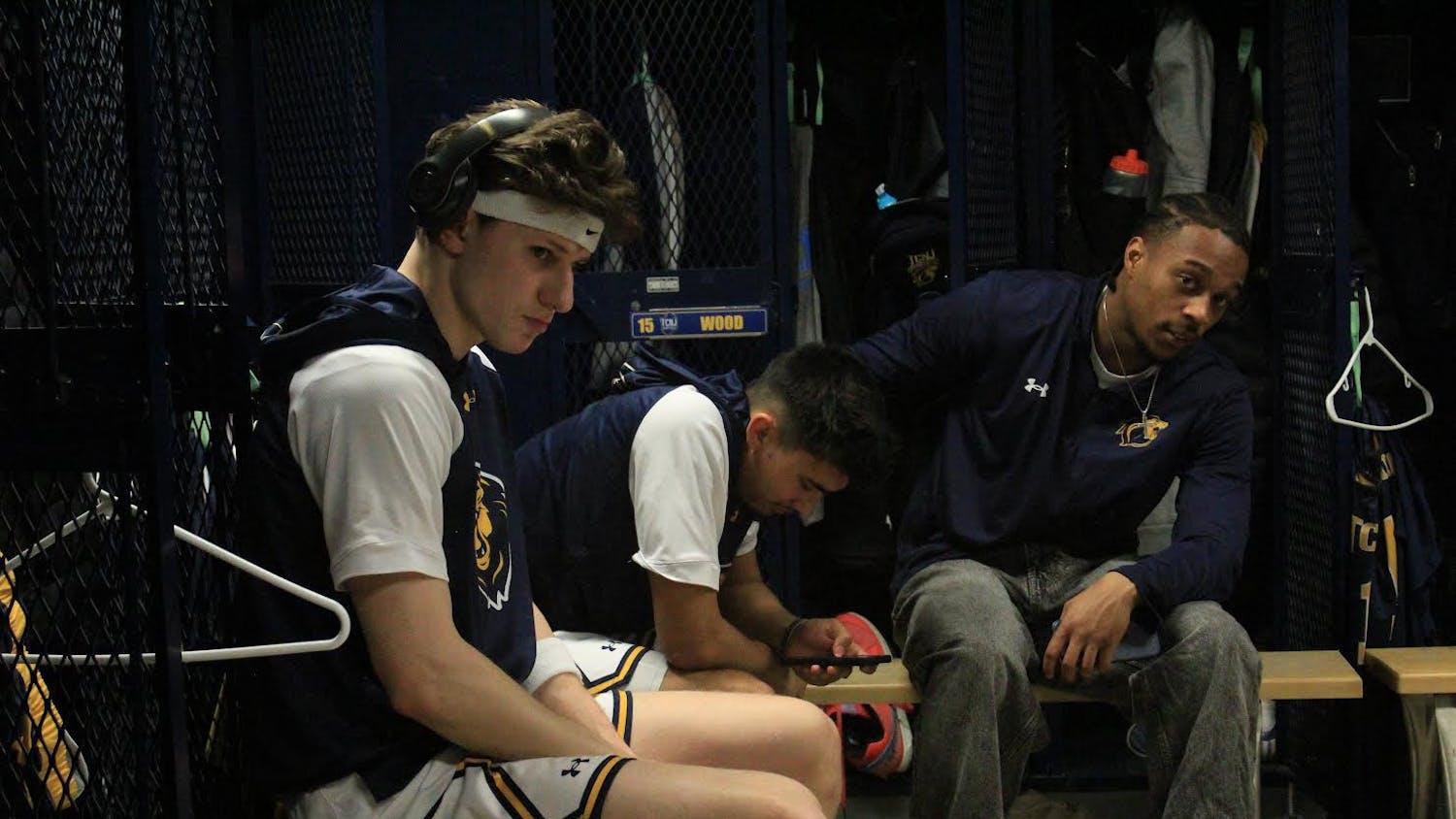Several news stories recently warned that turning up your iPod all the way to 120 decibels can cause hearing loss. Should you be concerned, or is this another one of those doomsayer stories to attract readers and get ratings?
To give you an idea of how loud 120 decibels are, consider the following: A dishwasher produces about 60 decibels of sound. A vacuum cleaner is about 70 decibels. A chainsaw is about 100 decibels. Several things are at 120 decibels, including jet plane take-off, band practice and a motorcycle at its loudest. In other words, 120 decibels are pretty loud.
The problem concerning iPods is not with the device itself, but rather the ear buds that are used as headphones. The design allows for sound to travel directly to the inner ear, which can damage the very sensitive hair cells and hearing nerve if the noise is continuously loud.
The symptoms of noise-induced hearing loss occur gradually over time. Hearing tests can usually detect such problems, but college students are long past the days of the annual hearing tests performed by school nurses. If sounds become muffled and it is difficult to understand speech, it's a good bet that some hearing loss has occurred.
If you suspect hearing loss, you should visit an otolaryngologist, a person who specializes in disorders of the ears and other peripheral organs, and an audiologist, a person who specializes in hearing.
The latest research from the National Institute of Health suggests that the hair cells in the ear can restructure themselves over a 48-hour period of time, meaning that even after exposure to loud noises, the ear can essentially repair itself. However, if the loud noises persist over an extended period of time, they can limit or permanently disable the hair cells' ability to repair themselves.
Although no concrete proof of hearing loss exists, there is a potential danger. France has already limited the volume of its iPods to 100 decibels. And Rep. Edward Markey (D-Mass) has called for a study reviewing the scientific information on portable music players and their potential to cause hearing loss.
The National Institute of Health recommends earplugs to prevent hearing loss. This is good for activities like band practices, music concerts and outdoor labor. However, the ear buds of an iPod are delivering the noise directly to the most sensitive part of the ear with no blockage.
That said, there are ways to reduce the risk of hearing loss while improving your iPod listening experience, without having to turn the volume on full blast.
Have you ever heard of sound-isolating earphones? They are made by several different companies and are not difficult to find. They simply reduce the ambient noise around you so that you don't have to turn up the volume as high to drown out the noises that aren't from your music.
There are also noise-cancelling headphones, such as the ones made by Bose. These headphones cover the entire ear, and when an ambient noise hits them, a counter frequency cancels that incoming noise. In other words, you hear nothing but music.
While the iPod hasn't been on the market long enough to cause any major cases of hearing loss, all medical research suggests that turning the iPod up to full volume will eventually cause noise-induced hearing loss. It is up to you to avoid impaired hearing later in life by either investing in advanced hearing devices or simply turning the volume down a notch.
Information from - USA Today and National Institute of Health






